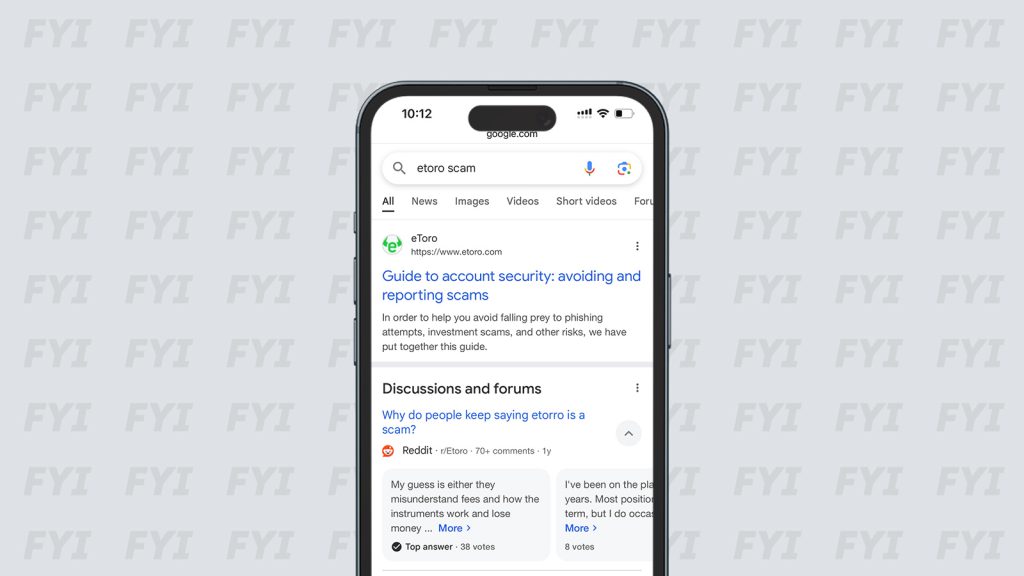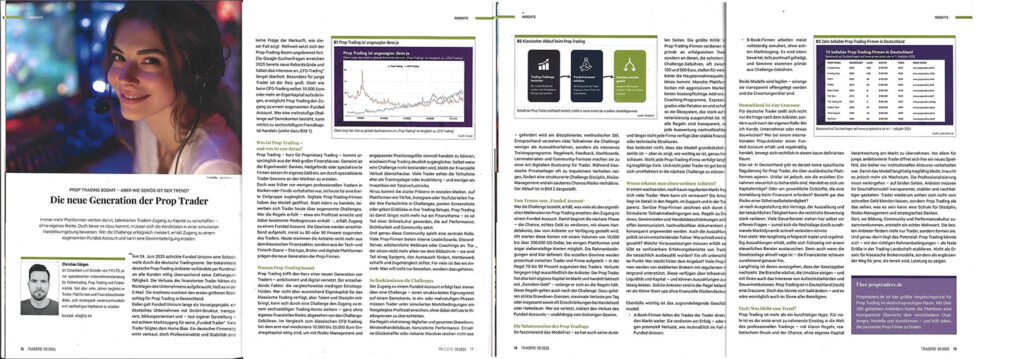Quick SEO Hack: How To Rank #1 in Google as a Forex Broker
Ranking number one on Google is a tough game, especially in the competitive financial services space. Everyone wants to own the top spot for high-volume, commercial intent keywords.
Ranking number one on Google is a tough game, especially in the competitive financial services space. Everyone wants to own the top spot for high-volume, commercial intent keywords.
But SEO isn’t just about chasing the most obvious keywords. In fact, there’s a whole layer of search behavior that’s often overlooked—one that can bring in highly qualified traffic and give you more control over how your brand is perceived online.
In this article, we’ll look at a specific angle that more financial brands need to pay attention to and reveal a quick SEO hack that will bring you a significant amount of traffic instantly.
Let’s dive in.
Branded vs. Unbranded Keywords: Understanding the Difference
In SEO, keywords are generally grouped into two core categories: branded and unbranded.
Branded keywords are searches that include your company or product name—think “YourBrand fees”, “YourBrand app”, or “YourBrand support”. These searches are made by users who are already aware of your brand. They’ve seen an ad, visited your site before, or heard about you through word of mouth. In short, they’re already in your funnel.
That’s what makes branded traffic so valuable: it converts better. The searcher knows who you are. They just need a bit more information to move forward.
The downside? The total volume of branded searches is usually much lower, especially if you’re not running large-scale brand awareness campaigns like TV, sponsorships, or OOH advertising. Without that mass-market exposure, your brand terms won’t rack up huge traffic numbers but the people searching are highly motivated.
On the other hand, unbranded keywords don’t include your name at all. These are broader terms like “best CFD broker”, “low spread trading platform”, or “how to start day trading”. They reach a much wider audience, often outside your core brand awareness bubble. And while they generate more traffic, they typically convert at a lower rate, especially when the search intent is vague or purely informational.
The broader the keyword, the colder the audience.
Have You Thought About the Negative Terms?
As marketers, we’re wired to associate our brand with positivity: trust, success, opportunity. But that’s not always how users think. In fact, when people are close to making a decision, they often go looking for the opposite.
Before they commit, they search for red flags.
It might feel counterintuitive, but flip the lens for a second. Imagine someone is 90% convinced but still has that lingering “what if?” moment. What would they type into Google? Probably something like:
“[BrandName] scam”
“Is [BrandName] legit?”
“[BrandName] problems”
These searches aren’t coming from angry users. They’re coming from cautious ones. It’s part of their due diligence. They want reassurance before they commit, and this is how they check that final box.
Of course, real complaints exist. That’s part of the game. But if you’re not present in that moment of doubt, someone else will be. And chances are, they’ll frame the story in a way that doesn’t do your brand any favors.

eToro ranks #1 for the search term ‘eToro scam’
More High-Intent Brandend Keywords You Should Own
Once you’ve tackled BrandName + scam, don’t stop there. There are several other terms that users regularly type in and you should own as a brand:
- [BrandName] review
- Is [BrandName] safe
- [BrandName] delete account
Some brokers happily pay affiliates up to €1,000 CPA for traffic coming through these exact branded search terms. But they won’t spend a few hours creating content to rank for them organically.
You won’t win every click, but if you’re not showing up, you’re handing easy conversions to someone else.
The upside? You can absolutely build this in-house. With the right structure and some basic SEO work, these pages can start ranking fast. And if you’re not sure where to begin or don’t want to risk messing it up, let’s talk.
Next Steps
Negative searches are happening whether you like it or not. If you don’t address them, someone else will—and it’s usually not in your favor.
With the right content strategy, it’s not only possible to rank at the top of the SERP for these terms, but to turn them into high-intent traffic that actually converts.
At FYI, we specialize in SEO for the financial services. If you’re a broker, prop firm, or fintech brand looking to protect your reputation, rank better on Google, and drive more organic traffic—we can help.
You Might Also Like
The New Generation Of Prop Traders
This article was originally published in the September 2025 edition of TRADERS magazine. The version below is an English translation…
Marketing Budget Allocation 2026
With 2026 approaching quickly, now is the time as an Online Broker or Prop Firm to set your marketing priorities…
What’s In For Prop Trading? My predictions for 2026
Prop trading is booming because it solves a problem traditional brokers can't. Beginners want to trade, but they cannot afford…
Dead Props: Over 100 Prop Firms Have Already Disappeared in 2025
Prop firms are easy to launch and often just as quick to disappear. More than 100 prop trading websites went…
The New Generation Of Prop Traders
This article was originally published in the September 2025 edition of TRADERS magazine. The version below is an English translation…
Marketing Budget Allocation 2026
With 2026 approaching quickly, now is the time as an Online Broker or Prop Firm to set your marketing priorities…
What’s In For Prop Trading? My predictions for 2026
Prop trading is booming because it solves a problem traditional brokers can't. Beginners want to trade, but they cannot afford…
Dead Props: Over 100 Prop Firms Have Already Disappeared in 2025
Prop firms are easy to launch and often just as quick to disappear. More than 100 prop trading websites went…







